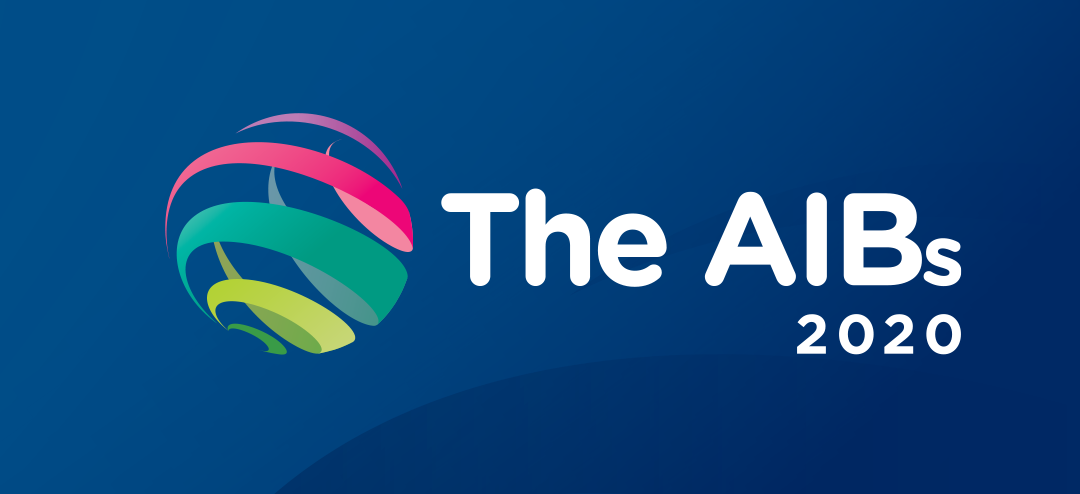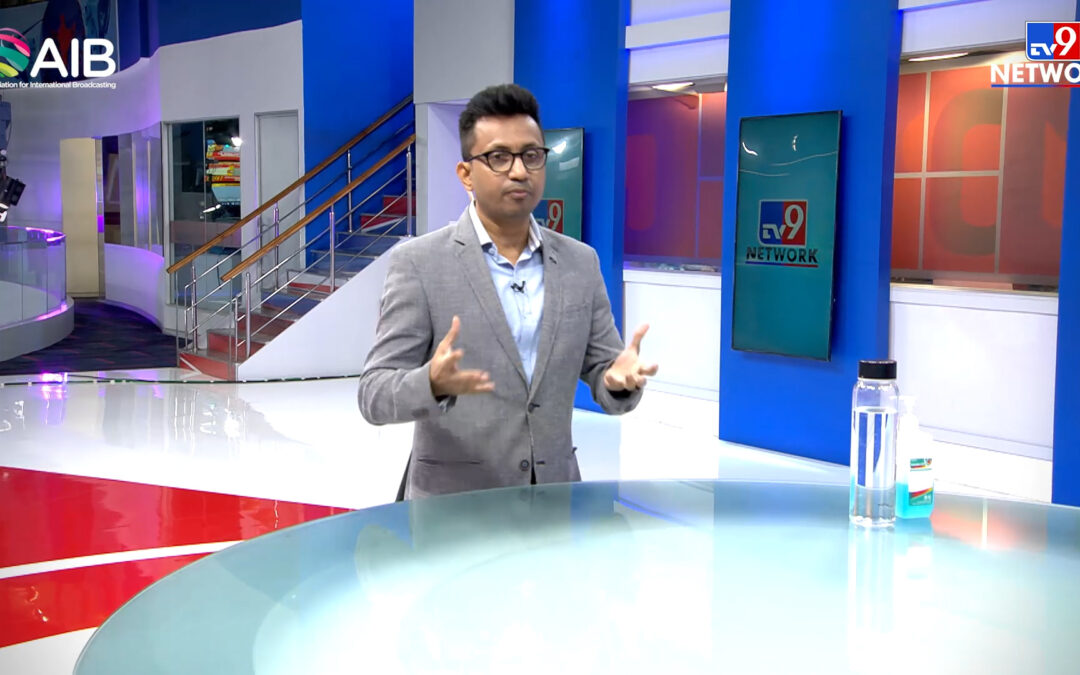Media Freedom Coalition – Advisory Network | Statement as Global Conference opens
Media Freedom Coalition – Advisory Network | Statement as Global Conference opens
Statement by the Media Freedom Coalition – Advisory Network to the Global Conference for Media Freedom Ministerial Meeting
November 16, 2020
Honourable Ministers and Media Freedom Coalition members,
The Media Freedom Coalition Advisory Network is a group of 17 national, regional and international organisations that in collaboration with a much broader set of civil society groups, provides advice on the work of the MFC and facilitates selection of cases that require diplomatic intervention.
Media freedom has never been more important given the COVID-19 pandemic, and the need for people to have access to accurate information and for moral leadership has never been as evident.
We are concerned by states putting in place disproportionate restrictions on independent media, including through internet shutdowns, expulsions of foreign correspondents, arbitrary arrests, harassment and vilification of journalists and other forms of censorship. There is also real urgency surrounding the economic impact of the pandemic on the media that is adding increased pressure.
The hope of the Advisory Network is to see more concrete action by the MFC in order to justify the time and effort that MFC-AN members currently devote to this initiative. Our colleagues and stakeholders are expecting us to deliver on our promises and we want to, but that takes a shared approach.
Therefore, we would like to recommend the following:
Enable a free and safe environment for media, journalists and media workers and press freedom and journalists’ groups
- Commit to supporting enabling legislative, policy and regulatory environments that ensure freedom of expression, media freedom, and free, independent and pluralistic media and enable a safe environment for media, journalists and media workers, and press freedom and journalists’s groups including by putting in place protection mechanisms or measures;
- Any measure taken by States to address COVID-19 should comply with international human rights law that follow the principles of legality, necessity, proportionality and non-discrimination. Specifically, the use of surveillance initiatives must have proper oversight, be clearly limited to tackling the pandemic and subject to regular scrutiny, and include sunset clauses for when they expire;
- Publicly condemn the denigration of journalists by officials and public figures and acts of offline and online violence and legal harassment and speak out and raise awareness about the vital role of journalism for democracy;
- Take concrete action to implement all relevant international standards related to the safety of journalists nationally, consistently raise and coordinate on this issue at the UN, international development organisations such as the World Bank, and regional bodies, and provide advice, technical assistance, and where necessary, diplomatic and other pressures to encourage other states to do the same.
End violence and impunity
- Ensure impartial, thorough, independent, effective and transparent investigations into all threats and acts of violence against journalists, with a gender-responsive approach, including support for the creation of constructive communication channels between media and security forces;
- Prosecute all those responsible for crimes against freedom of expression including threats and violence against journalists;
- Support efforts to reduce the global rate of impunity for crimes against journalists, including international accountability mechanisms such as a UN standing instrument for investigations, the use of universal jurisdiction to try cases, and targeted sanctioning regimes, among others;
- Commit to free imprisoned journalists and refrain from pre-trial detention during COVID19.
Respect media freedom while tackling disinformation
- Efforts to combat disinformation and “fake news” must start with governments, which should not criminalize this but also must commit to not perpetuating disinformation and fake news;
- Counter the criminalisation of journalism through so-called anti-fake news laws and anti-terrorism laws;
- Promote media engagement in countering disinformation by expanding access to information mechanisms and by supporting journalistic investigations revealing the sources and dissemination patterns of disinformation and highlighting the role of government representatives in spreading disinformation.
Commit to support media development and sustainability
- Media freedom depends on media development and journalistic freedom rests on the survival and independence of the institutions on which journalism depends. Just 0.3% of international development assistance is currently dedicated to media support. Firmly position support for the sector within overall international development assistance and governance support and make funding available to journalism and media, especially in low and middle-income countries. This funding should be for greater institutional support, capacity building and flexible, longer-term funding.
- Work with regional and local organisations and authorities to create mechanisms to support local public interest journalism (especially in “news deserts” and areas where the public is underserved), accountability and investigative reporting, as well as innovation related to new hybrid business models.
- Ensure that any direct or indirect subsidies or other forms of financial support to the media are granted on the basis of objective, fair and neutral criteria, in the framework of non-discriminatory and transparent procedures, and implemented with full respect for the editorial and operational autonomy of the beneficiary media. New funding models and legal structures must be encouraged by governments in this logic of sustainability in cooperation with civil society and actors of the sector;
- Address digital market failure and the regulatory disparity between digital platforms and overly regulated media businesses in order to create a level playing field for media.
Ensure an effective, impactful and diverse MFC
The Media Freedom Coalition (MFC) should take the lead in promoting media freedom in their own States and discouraging States from taking measures that would restrict freedom of expression and media freedom in violation of international standards.
As the coalition moves forward, we call on the MFC members to promote and defend media freedom everywhere by:
- Ensuring the MFC and its members fulfil the commitments expressed in the Global Pledge on Media Freedom, which means taking concrete actions and effective measures to improve the media freedom situation both at home and abroad.
- Working towards a more diverse and pluralistic MFC membership and increased participation from the global South, also making sure members meet MFC’s standards on media freedom. The MFC also needs greater regional balance in the composition of its Executive Group.
We are heartened knowing that as signatories to the Global Pledge on Media Freedom, members have made the commitment to work together in taking action to improve the media freedom environment and the safety of journalists. There is great potential in this collaboration which could harness our combined energies in meaningful and creative actions to address the issues and challenges relating to freedom of expression.
You have a great responsibility in your hands to make concrete commitments for future actions to ensure media freedom globally.
Media Freedom Coalition Advisory Network (MFC-AN) members:
- ARTICLE 19, Silvia Chocarro (Co-chair)
- Association for International Broadcasting, Thomas Wragg
- Committee to Protect Journalists, Courtney Radsch
- DW Akademie, Jan Lublinski
- FLIP, Jonathan Bock
- Frontline Freelance Register, Sarah Giaziri
- IFEX, Rachael Kay (Co-chair)
- International Federation of Journalists, Jeremy Dear
- International Media Support, Jesper Højberg
- International Press Institute, Barbara Trionfi
- Internews, Jodie Ginsberg
- Pakistan Press Foundation, Owais Aslam Ali (Co-chair)
- Palestinian Center for Development and Media Freedoms, Mousa Rimawi
- Public Media Alliance, Sally-Ann Wilson
- Reporters without Borders, Rebecca Vincent
- The Guardian, Gill Phillips
- WAN-IFRA, Andrew Heslop





